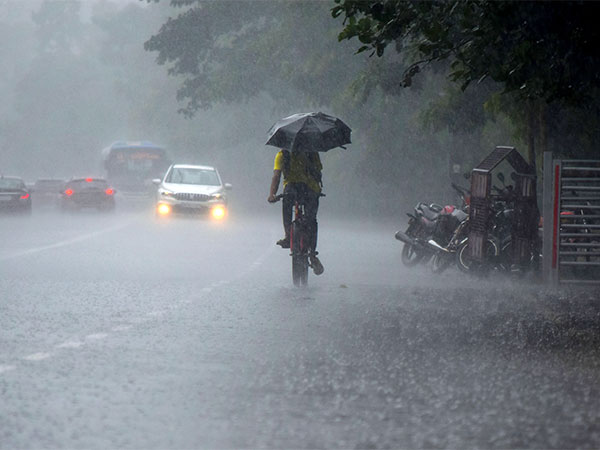Typhoon Yagi Wreaks Havoc Across Southeast Asia
Typhoon Yagi, Asia's strongest storm of the year, has devastated southern China and Southeast Asia, causing deaths, extensive damage, and severe flooding. The storm has impacted the Philippines, Vietnam, Thailand, Myanmar, and Laos, with relentless rainfall and formidable winds leading to a significant crisis and urgent need for climate action.

- Country:
- Vietnam
Typhoon Yagi, recognized as Asia's most powerful storm of the year, has left a trail of destruction across southern China and Southeast Asia, with multiple fatalities reported. Characterized by intense rainfall and formidable winds, the storm has resulted in substantial loss of life and extensive damage, CNN reported.
The typhoon initially made landfall in the Philippines, claiming over a dozen lives. It then continued its westward path, affecting southern China, Vietnam, Thailand, Myanmar, and Laos. Nearly a week after its initial impact, Northern Vietnam and Thailand remain submerged, facing widespread disruption and severe challenges in coping with the aftermath.
Relentless flooding and the imminent threat of landslides have exacerbated the crisis in the affected areas, according to CNN. Vietnam's disaster agency reported at least 226 deaths due to the storm's impact, including landslides and flash floods. Extensive damage to infrastructure and factories has hindered many communities' efforts to rebuild and recover.
Dramatic video footage captured by a car dashcam showed a steel bridge collapsing over the swollen Red River in Vietnam's Phu Tho province, exemplifying the storm's devastating effects. Thailand's northern province of Chiang Rai has also faced severe flooding, complicating rescue and relief operations.
Since mid-August, rain-related incidents have claimed at least 33 lives in Thailand, with nine deaths reported this week alone, Reuters cited local government sources. Experts have warned that rising ocean temperatures are contributing to more intense and destructive storms. Despite historically lower contributions to climate change, developing nations and small island states are bearing the brunt of these impacts. The ongoing crisis highlights the urgent need for global climate action and support for the most affected regions. (ANI)
(With inputs from agencies.)










